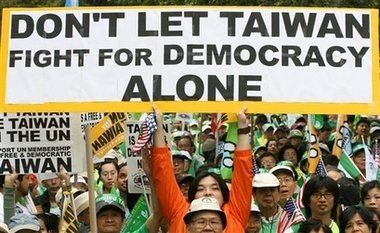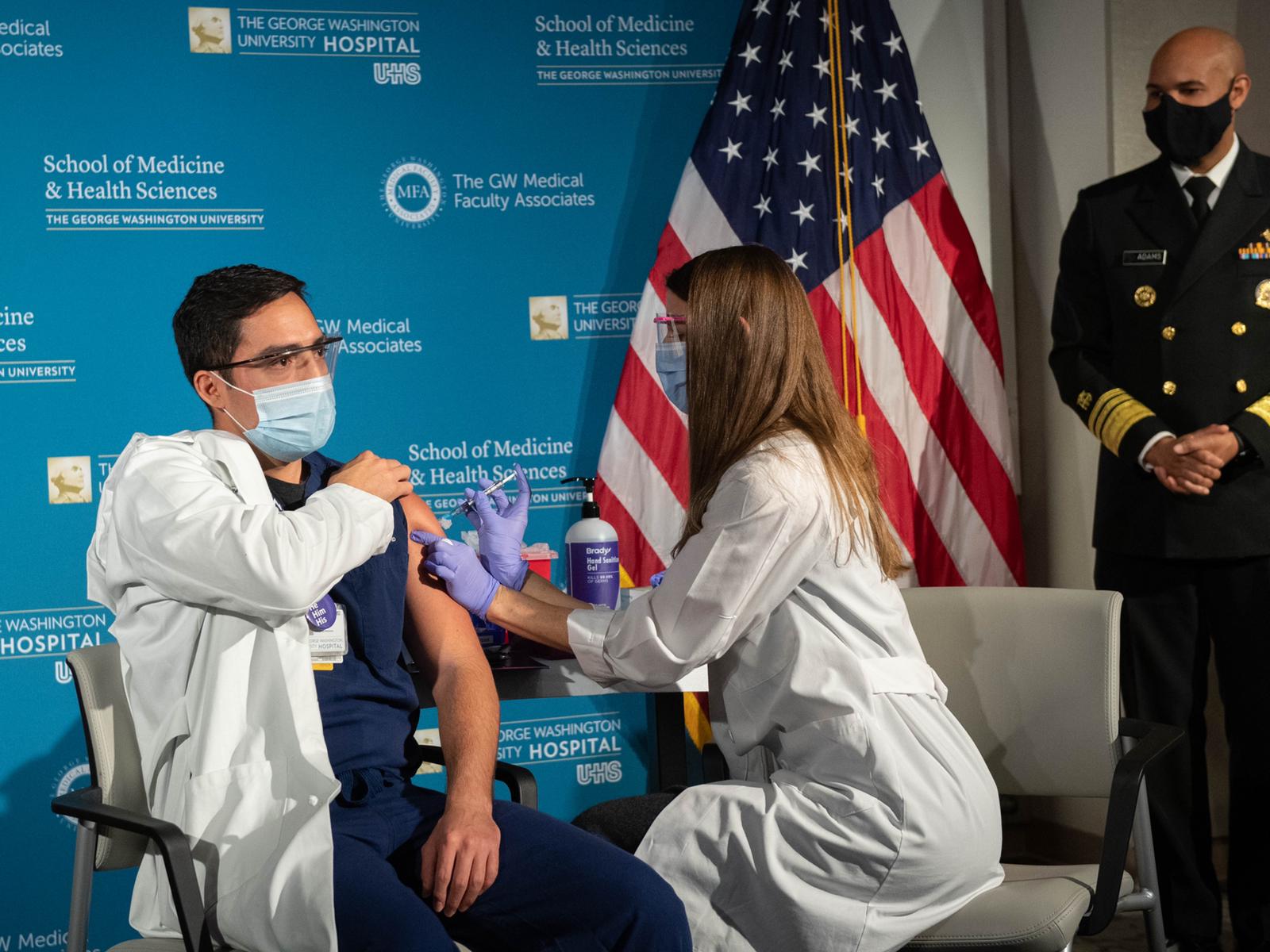A war on two fronts: the United Kingdom’s protracted divorce from the European Union has been made all the more complicated by the ever-intrusive pandemic.
The COVID-19 pandemic has spared no nation in the world, especially the United Kingdom (UK). According to UK government records, as of September 25, just under 42,000 people have succumbed to the disease (a figure that doesn’t include some deaths in Scotland, due to a recent power outage at their offices). As they continue to grapple with the public health crisis, the UK must also contend with the complications brought on by Brexit, the now-popular term referring to their ongoing split from the European Union. If trade talks between the two parties break down, Brexit could very well turn into a health crisis all its own.
Brexit was voted upon by the British public in 2016 by a margin of 52% in favor and 48% against, after which the UK began making preparations for its departure. The formal process, originally slated to begin in March of last year, was delayed multiple times by the British Parliament before finally commencing on January 31. Britain and the EU will now formally part on December 31, before which time the two parties must draft a new deal. Without one, Britain will be left without aid from the EU until a deal is struck.
Sarah Covington, professor and specialist in the field of British Studies, weighed in on the potential consequences of a no-deal Brexit. She notes, “Without a deal there would be …shortages of some fresh foods, as the UK gets about 30% of its food from the EU.” The country’s own Department for Environment, Food, and Rural Affairs offered a rosier, idealistic vision of the future, assuring citizens that supply chains of food would not be seriously disrupted in a no-deal scenario. Nevertheless, this could very well be an attempt by the government to placate the public in the face of a harrowing ordeal.
Covington warns of still-direr consequences of a no-deal Brexit, expressing concerns of medical supply shortages. Alissa Higham, writer for UK publication The Express, acknowledges the fears of the British public in this regard, “…the question of whether supply chains for… medicine will be disrupted is becoming more and more pertinent as we approach the deadline for a trade deal.” This would already be a pressing issue for a country that wasn’t in the throes of a deadly pandemic; to the United Kingdom, it becomes a matter of critical importance. The European Medicines Agency, which oversees and evaluates European medicinal products under the auspices of the EU, published a brief in February clarifying the existing process by which medicines are transferred between the EU’s member nations, as well as laying out plans to prevent Post-Brexit medicinal shortages. According to the brief, should the Brexit deadline come and go without a deal, pharmaceutical companies whose sales licenses were obtained in the EU and who wish to market medicine in the UK would have to transfer their license to the UK, and vice versa. It’s remarkable that a brief whose plans are so plainly laid out would have passed under the noses of Britain’s most prominent politicians.
The next few months of negotiations will be decisive in determining the state of the UK for a long time to come. At the same time, the pharmaceutical companies of Europe and Britain alike would do well not to neglect their responsibilities to their customers and do their due diligence in ensuring that medicine continues to be freely available to whomever needs it – with or without a deal.














